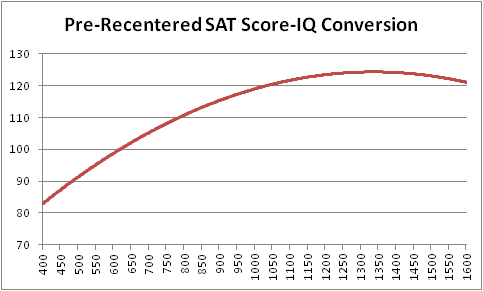What is a Terminal Degree? A Quick Guide.

A terminal degree is the highest academic credential in a specific field, signifying expertise and qualification for advanced roles. Whether you're considering pursuing one or simply curious about its significance, understanding what a terminal degree entails is crucial. This guide breaks down the essentials, from types and benefits to how it can impact your career, ensuring you're well-informed about this pinnacle of academic achievement.
What is a Terminal Degree?

A terminal degree is the highest degree awarded in a particular discipline, often required for leadership, research, or academic positions. Unlike undergraduate or master’s degrees, it represents the culmination of specialized knowledge and skills. Common examples include the Ph.D. (Doctor of Philosophy), MD (Doctor of Medicine), and JD (Juris Doctor). These degrees are typically pursued by individuals aiming to excel in their field, whether in academia, research, or professional practice.
Types of Terminal Degrees

Terminal degrees vary by field, each tailored to specific career paths:
- Ph.D.: Focuses on original research and is common in sciences, humanities, and social sciences.
- MD: The highest degree for medical professionals, essential for practicing as a physician.
- JD: Required for practicing law in the U.S., covering legal theory and practice.
- Ed.D.: Designed for education professionals, emphasizing leadership and policy.
- DBA: A research-oriented degree for business leaders, similar to a Ph.D. in Business.
Benefits of Earning a Terminal Degree

Pursuing a terminal degree offers numerous advantages, including:
- Enhanced Expertise: Positions you as a leader in your field with deep knowledge.
- Career Advancement: Opens doors to senior roles, tenure-track positions, and research opportunities.
- Higher Earning Potential: Terminal degree holders often command higher salaries.
- Research Opportunities: Enables contributions to groundbreaking studies and publications.
- Personal Fulfillment: Achieving the highest academic credential is a significant personal milestone.
How to Choose the Right Terminal Degree

Selecting the right terminal degree depends on your career goals and interests. Consider the following:
- Field of Interest: Align the degree with your passion and career aspirations.
- Program Requirements: Research coursework, research expectations, and time commitments.
- Accreditation: Ensure the program is accredited to guarantee quality and recognition.
- Career Outcomes: Evaluate how the degree aligns with your desired profession.
✨ Note: While terminal degrees offer significant benefits, they require substantial time, effort, and often financial investment. Consider your long-term goals before committing.
A terminal degree is a powerful asset for anyone looking to reach the pinnacle of their field. Whether you're aiming for academia, research, or professional leadership, understanding the types, benefits, and selection process is key. By investing in a terminal degree, you're not just earning a credential—you're unlocking new opportunities and solidifying your expertise. terminal degree,higher education,academic credentials,career advancement,professional development
What is the difference between a terminal degree and a master’s degree?
+
A terminal degree is the highest degree in a field, while a master’s degree is an intermediate credential. Terminal degrees often require original research and are necessary for advanced roles like professorships.
How long does it take to earn a terminal degree?
+
The duration varies by program and field. A Ph.D., for example, typically takes 4–7 years, while an MD takes around 4 years plus residency.
Is a terminal degree necessary for all careers?
+
No, it’s only necessary for specific roles like academia, research, or specialized professions like medicine or law. Many careers thrive with bachelor’s or master’s degrees.



